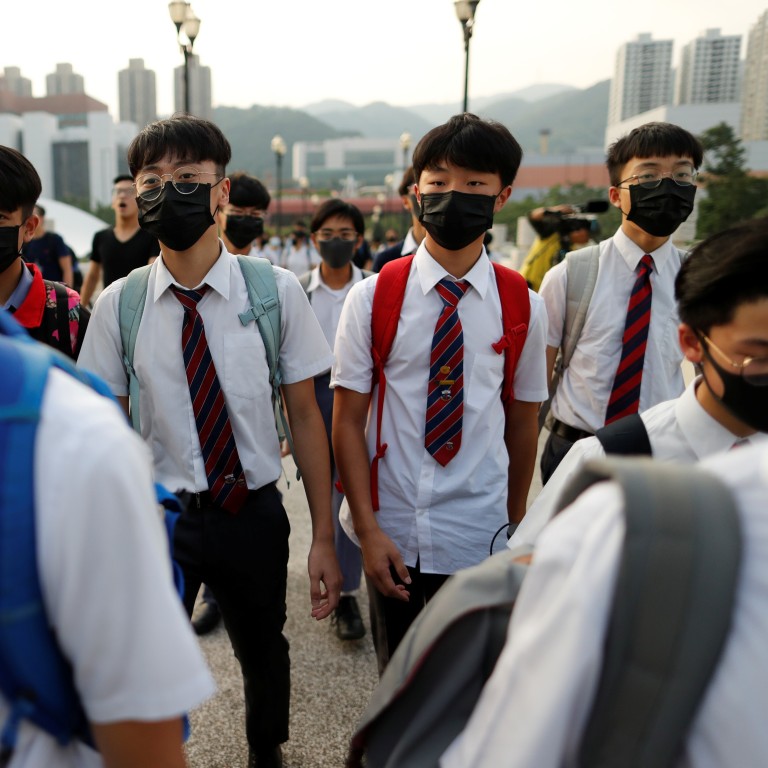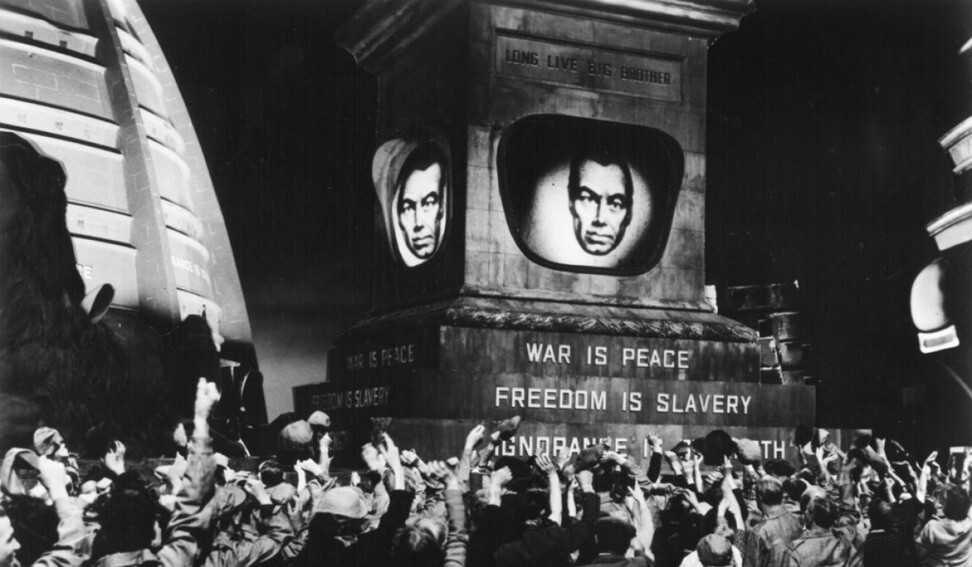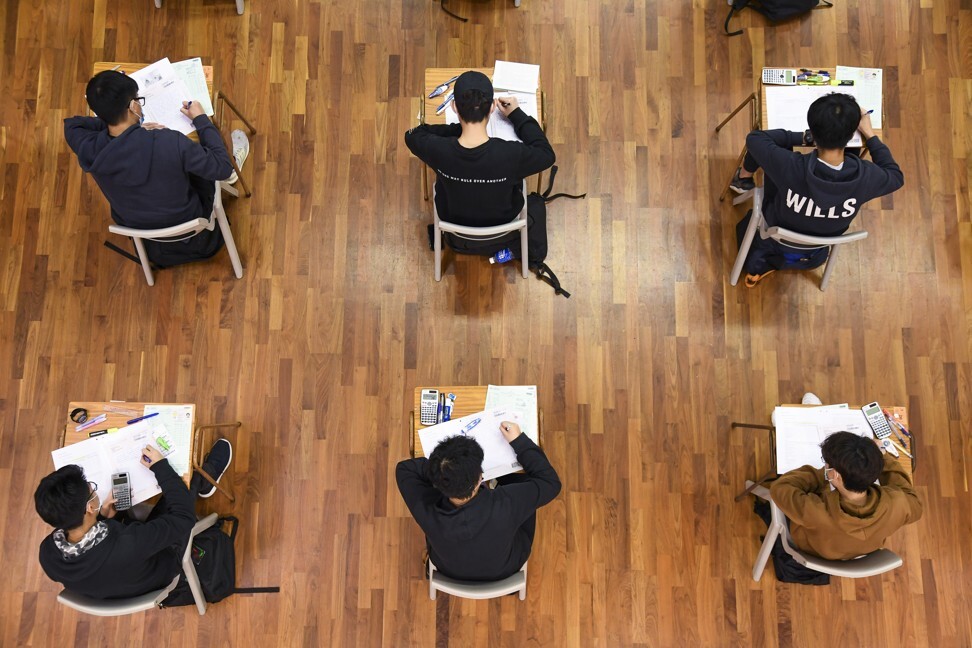
Patriotism in Hong Kong schools should not come at the cost of critical thinking
- Hong Kong’s recently implemented national anthem law and proposed national security law will heavily affect students
- We need to keep providing opportunities for them to develop thought and the right to express it
In his dystopian novel Nineteen Eighty-Four, George Orwell introduced the word “doublethink” into the lexicon.
Despite government reassurance that this law will affect a very small segment of the Hong Kong community, there are concerns that students’ right to express their opinions will be curtailed in schools and universities. This goes against the very responsibility these institutions have towards students: to instil a passion for learning and acquire knowledge.

“Theory of Knowledge” is one compulsory component of the International Baccalaureate diploma programme. It asks students to reflect on the nature of knowledge and on how we know what we claim to know.
“An education system which does not qualify them [students] to question and challenge the existing theories and policies is useless and must be questioned for its own validity,” Indian psychologist Ranjit Powar, who writes extensively on student activism, said in an article in December. “To justify one’s education, it is imperative for all educated persons to understand [and] analyse issues and take a rational perspective.”
Is it even possible to restrain and harness thought and its expression? And should students be penalised if their perspective is contrary to that of the government? Shouldn’t students be allowed an Orwellian doublethink?
Students should have the freedom to express their opinions. They should also be taught that with every right conferred upon individuals comes the responsibility to exercise those rights within the law.
The national security law makes criminal the “acts” of secession, subversion, terrorism, and collusion with foreign forces and external influences to threaten national security. Paranoia around freedom of speech being curtailed is an obvious result of the way the law has been presented so far. Clear guiding principles need to be detailed within the law to ensure that freedom of speech is not compromised at institutes of learning.

This was deemed particularly necessary because among the almost 9,000 arrests made in connection with the anti-government protests between June 9 last year and May 29 this year, 1,602 were secondary students and eight were primary school pupils. That’s sufficient evidence that a large segment of Hong Kong students don’t identify with the notion of one country.
The law orders the inclusion of the Chinese national anthem in primary and secondary schools to educate students on its history and spirit. It also requires them to learn to sing the anthem with proper etiquette.
However, concerns of student indoctrination and loss of identity due to the national anthem law are misplaced.
Schools are places where students develop their sense of self, their identity. By taking part in group activities, they develop a sense of belonging to the social group, which then becomes part of an individual’s collective identity.
Why it’s time to discuss global protests sensibly in the classroom
Human beings have multiple identities, including race, ethnicity, gender and sexual orientation. While identities such as race are overt, some are internalised, such as educational level. The purpose of the new law is to internalise students’ inherent Chinese identity by coercing them to participate in singing of the national anthem collectively. Orwellian doublethink would have it that this social identity can coexist with the self-identity that sets us apart as distinct individuals.
“The broader society, over history, has defined, ascribed meaning, and given status and power to various identities,” states Stanford University’s Centre for Teaching and Learning on the importance of identity in classrooms. “Since they can shape the experiences of students within classrooms, it is important for faculty and instructors to understand social identities to actively develop inclusive learning environments for all students.”
Meanwhile, the philosopher Aristotle believed man to be “Zoon politikon”, meaning man is a thinking animal. Let’s provide opportunities for our students to develop thought and the right to express it.
Anjali Hazari is a retired international school biology educator who has taught for three decades in Hong Kong and has received several accolades in her teaching career. She continues to tutor and write extensively on education policy and practice.

